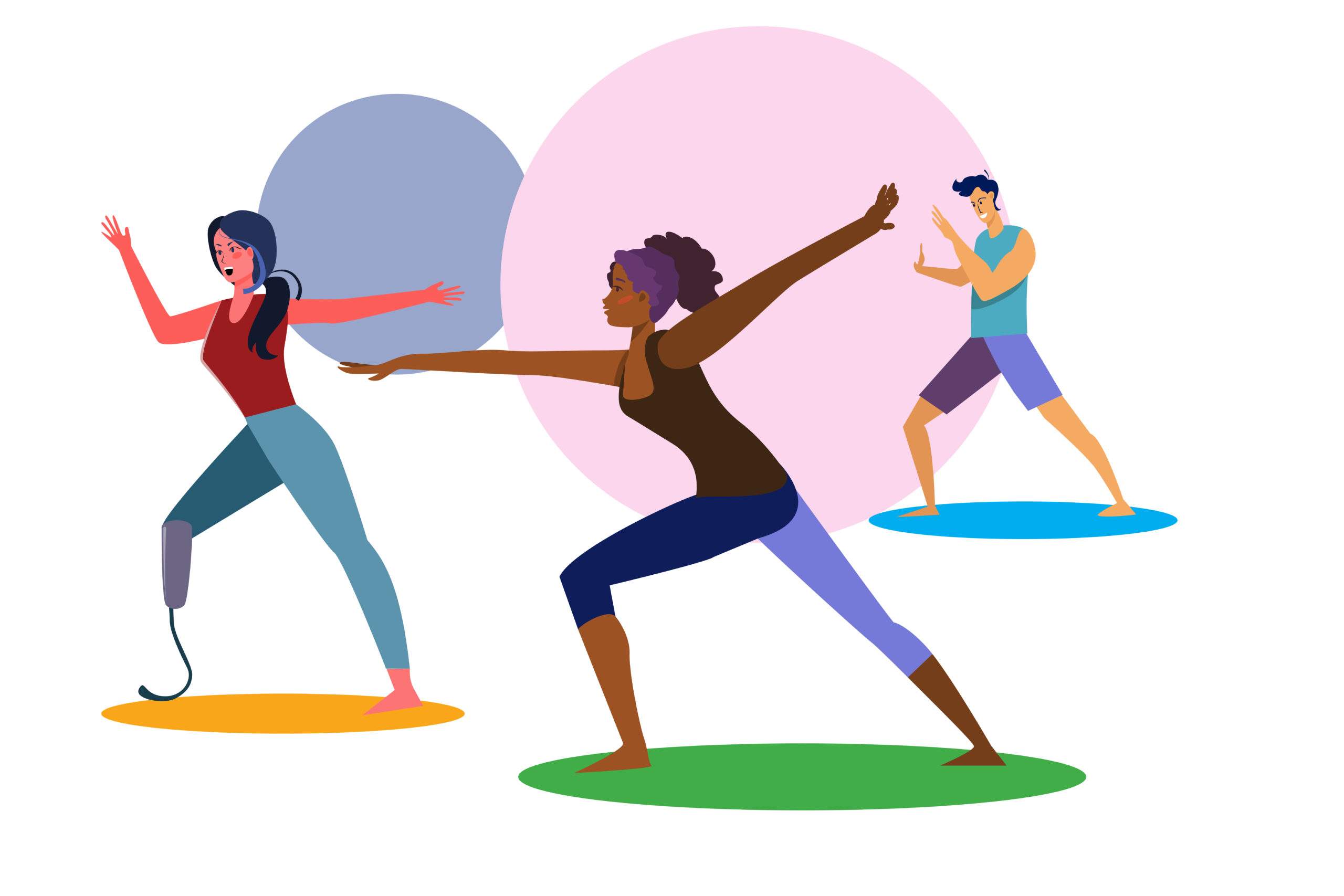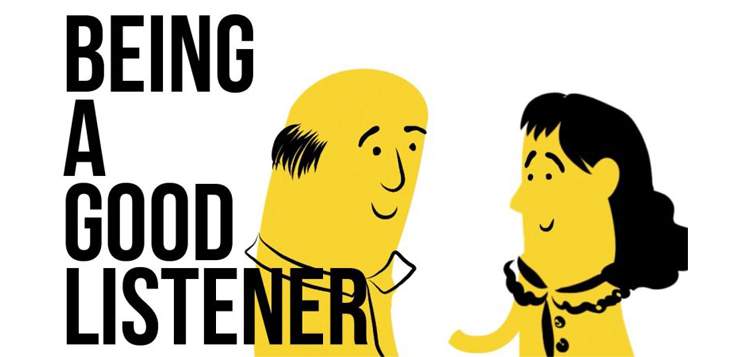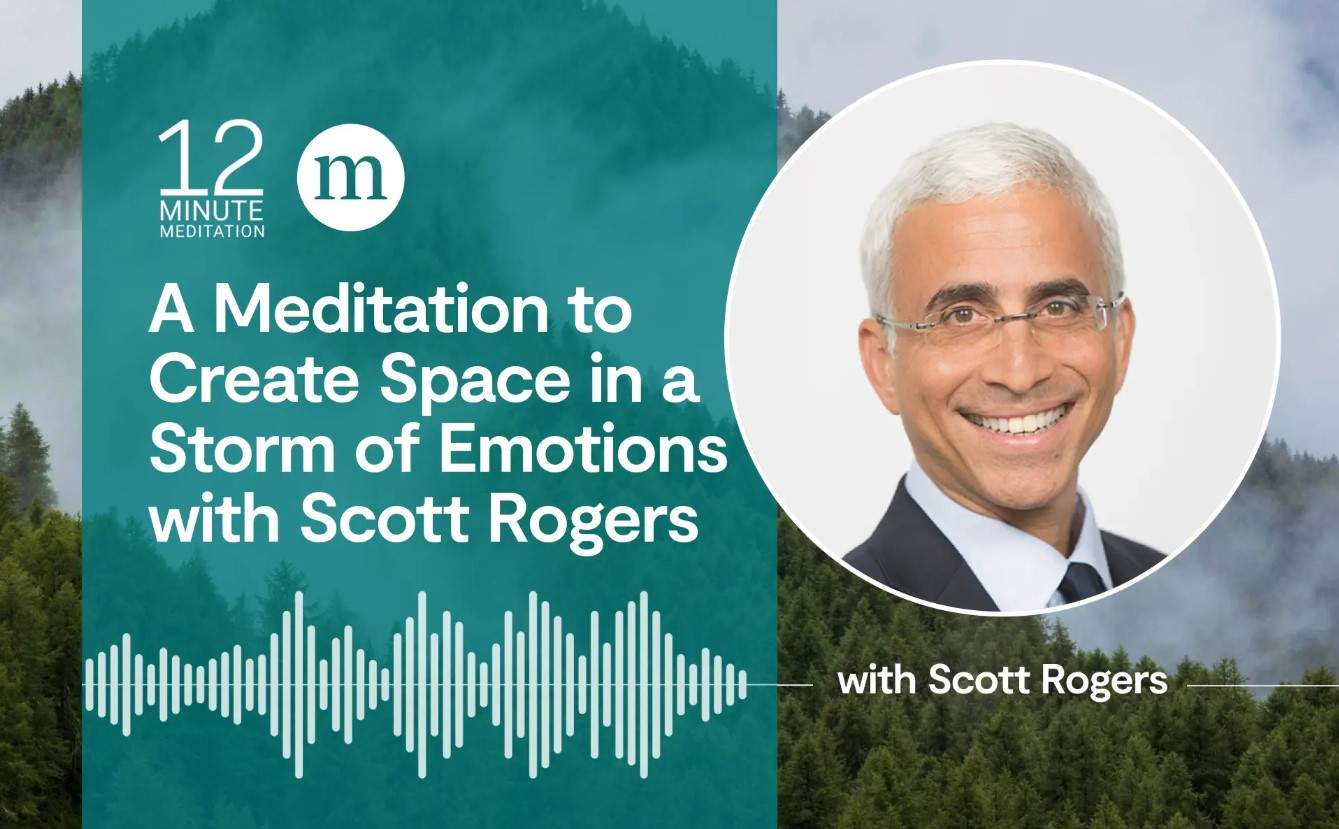Mindfulness Offers Promising Lead for Concussion Care
Each year more than 2 million Americans suffer from chronic difficulties like headaches, anxiety, and trouble focusing following a concussion. Researchers at the University of Connecticut reviewed 22 studies where mindfulness-based interventions were used to treat symptoms related to these mild traumatic brain injuries. They found that meditation and yoga helped to lessen fatigue and depression, and improved mental and physical health, cognitive performance, and quality of life. More studies are needed to better understand these effects.
Mindfulness Practices May Work for Some, Strategies Like Physical Exercise May be Effective for Others
Mindfulness programs are widely used to reduce stress in nonclinical settings, and practices like meditation and yoga are known to lessen symptoms of stress, anxiety, and depression and increase well-being. These effects are far from universal, say Cambridge University researchers after examining 136 randomized controlled trials of mindfulness interventions.
Some studies reported reductions in stress, anxiety, and depression, while others showed little to no effect. The take-home: Mindfulness practices may work for some, while strategies like physical exercise may be just as effective for others. The researchers note it’s important to assess which types of mindfulness practices will work best for different communities.
Stress Resilience Finds Improvement from Mindfulness Training
Interested in heart-rate variability as a biomarker of stress resilience, researchers from the University of Southern Denmark randomly assigned 90 adults to 10 days of 20-30 minutes of either app-based mindfulness training, listening to music, or a control group that did nothing. All participants had their heart rhythms continuously monitored.
After 10 days the mindfulness group reported greater increases in mindfulness, less perceived stress, and fewer breaths per minute than the other groups. The mindfulness group also showed increases in heart-rate variability, suggesting an enhanced ability to cope with life’s ups and downs.
Could Meditation Help Women with COVID-19 Stress? Teachers Join Study to Find Out
With women at greater risk than men for developing symptoms of stress, anxiety, and depression as a result of the COVID-19 pandemic according to recent studies, researchers in Italy wondered whether meditation might help. Sixty-six female teachers participated in a study, attending an 8-week meditation course and completing a personality profile that classified them as either high or low resilience.
After the course, both groups reported less anxiety, depression, and emotional exhaustion, and greater empathy, body awareness, and mindfulness. Those in the low resilience group showed greater reductions in depression and improvements in well-being than their higher resilience peers.
Relaxation, Meditation—It’s all Good for Love
Is mindfulness or relaxation training helpful for romantic relationships? European researchers wanted to know. They randomly assigned 989 couples to either a mindfulness group or a relaxation group. Couples ranged in age from 21 to 83 years old and had been in relationships for an average of 23 years. Mindfulness training involved daily 10-minute audioguided exercises that included paying attention to posture and breath, directing attention to experiences, and being aware of thoughts and feelings during interpersonal interactions.
The relaxation group completed 10-minute daily guided relaxation exercises. At study’s end, both groups reported similar levels of relationship well-being, suggesting that either strategy might be useful for relationship health.
READ MORE
Getting Started with Mindful Movement
Riding a bike, lifting weights, sweating it out on a treadmill—each can be a mindfulness practice. Whatever the physical activity, instead of simply working out to master a skill or improve your condition, you can move and breathe in a way that shifts you from feeling busy and distracted to feeling strong and capable.
Read More
How to Strengthen Loving Relationships with Mindfulness
Our guide to reflecting on the relationships in your life and opening yourself up to the opportunity for love to grow.
Read More
Get Your Energy Back with These Adrenal Health Tips
Trying to pin down why you’re constantly exhausted can feel, well, exhausting. Experts say part of the solution could involve nurturing your adrenal health.
Read More











